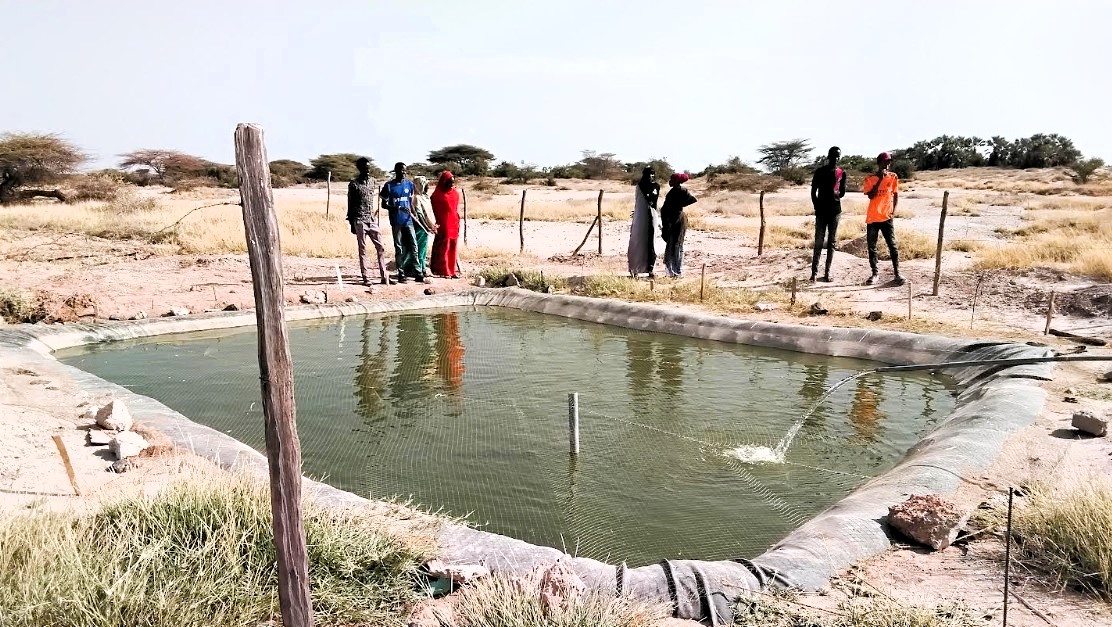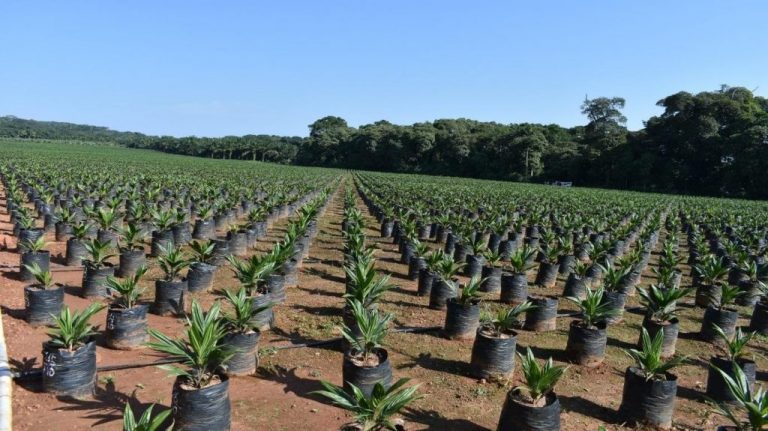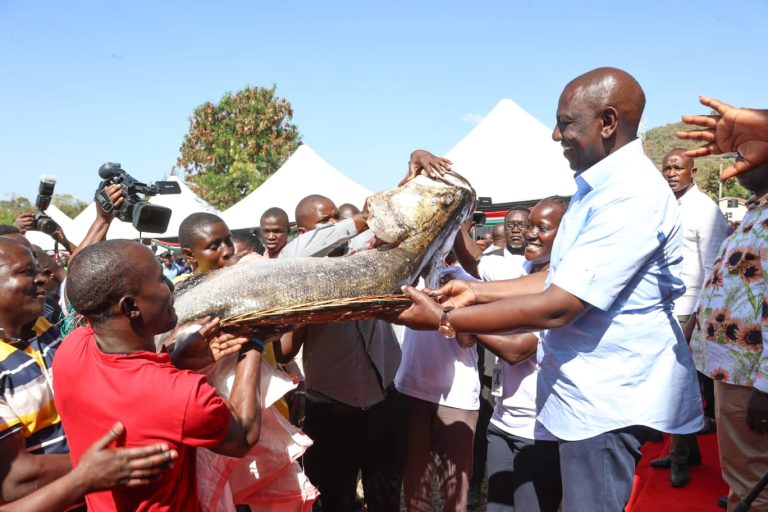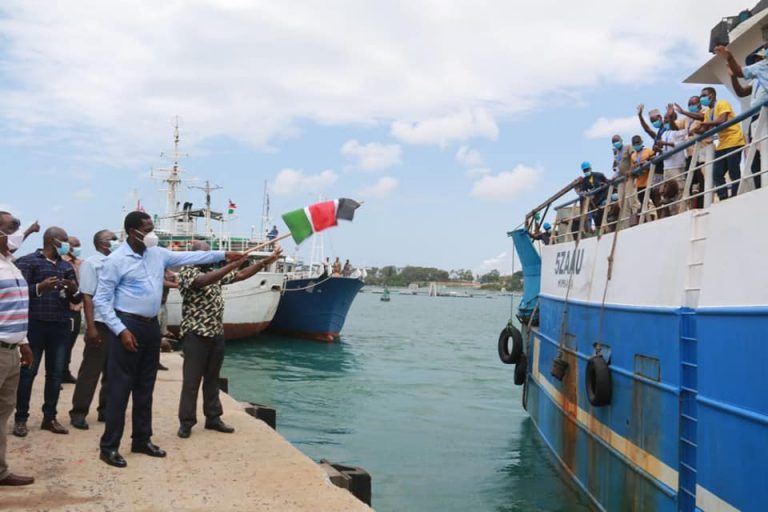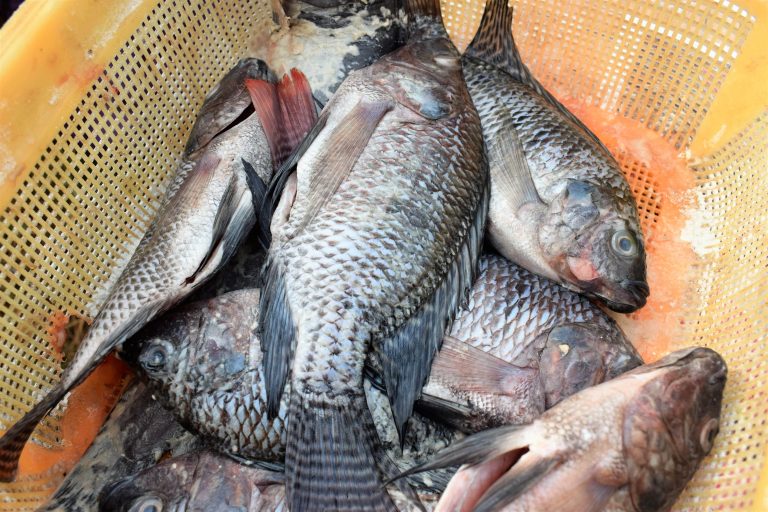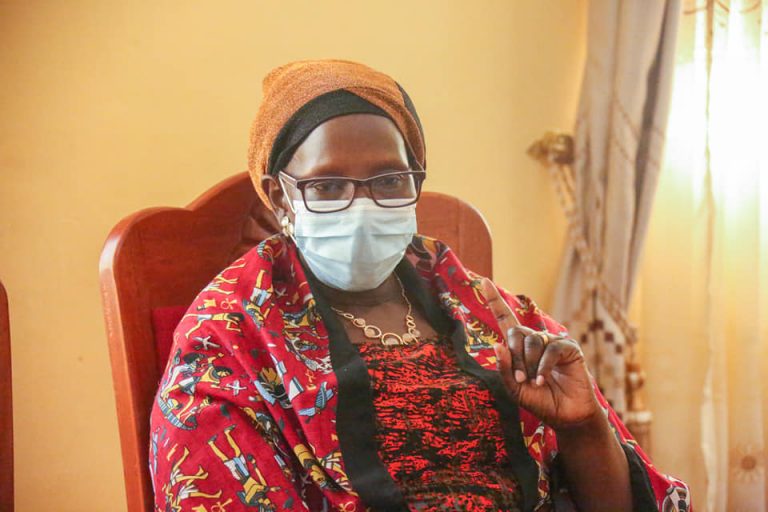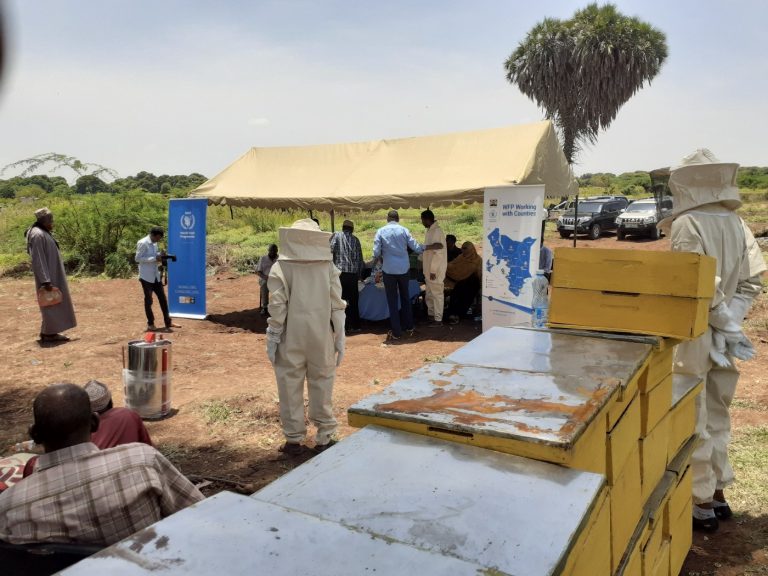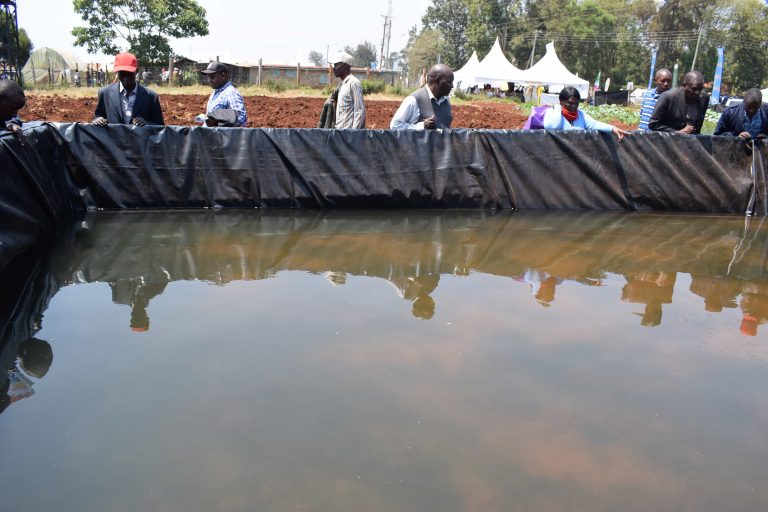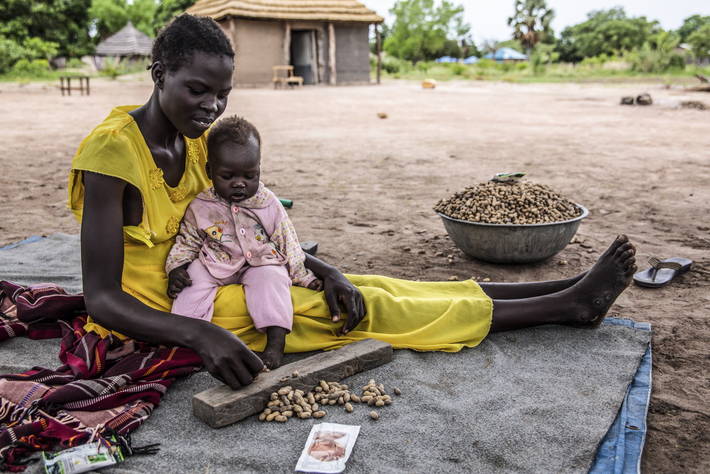Marsabit County, long synonymous with the devastating effects of climate change, is turning to aquaculture to combat recurrent droughts, floods, soil erosion, and rising lake levels that have disrupted pastoralist livelihoods and worsened food insecurity.
The county, which is predominantly dependent on livestock keeping and trade, has witnessed heavy losses in recent years as droughts have killed animals and destroyed pastureland. Efforts to diversify into crop farming using free seeds supplied by the county government and development partners have also been unsuccessful due to increasingly erratic rainfall.
To address this crisis, the World Food Programme (WFP) supported the county in formulating a County Strategic Plan (CSP) aimed at developing sustainable solutions. WFP Supply Chains Officer Albert Mwambonu said the organisation had signed a memorandum of understanding (MoU) and a plan of operation with the county government to co-invest in and implement strategic activities.
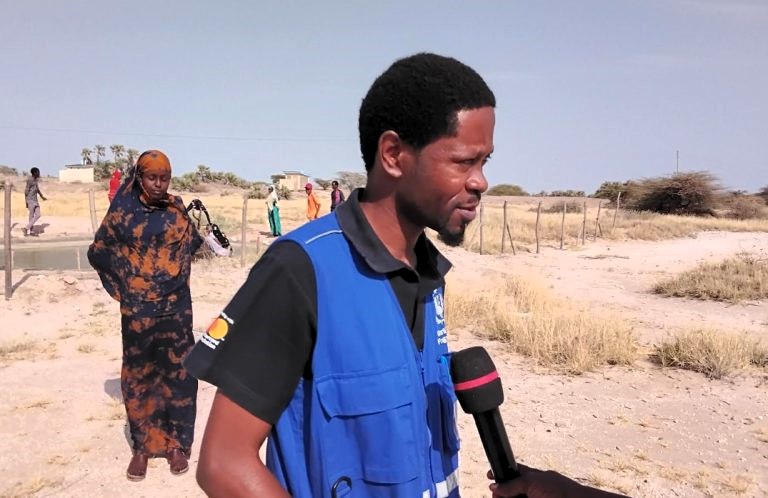
Mwambonu said that WFP, in partnership with the county’s fisheries directorate, is promoting smallholder fish farming as a climate adaptation measure.
“The adoption of aquaculture is purely a climate adaptation and an alternative source of livelihood for pastoralists in the arid areas of the county,” Mwambonu said.
Traditionally, local communities avoided fish due to cultural prohibitions, but intensive awareness and training have helped change perceptions. “We have so far managed to establish fish farms in the very arid areas of North Horr, Moyale and Saku constituencies, where eating and trading in fish is now unbroken,” Mwambonu opined.
One success story is the Chalbi Rural Development Initiative, a 40-member self-help group running tilapia ponds stocked with 500 fish. Chairlady Hadija Guyo said fish farming has restored dignity and food security for families who lost their livestock to persistent droughts.
“Members of this group get dividends from fish sales after every harvest, which we also use to pay school fees for our children and to start small businesses,” she said. The group also saves part of the sales for table banking.
Katelo Guyo, a former livestock keeper, said fish farming is less labour-intensive and easier to manage than pastoralism. “I like this activity because it is quite friendly in terms of time saving because it is less demanding and located within our villages,” he said, noting that he tasted fish for the first time at over 50 years of age through the WFP initiative.
County Fisheries Officer Sostine Wanjala explained that tilapia thrives in hot climates and requires little water. “Tilapia fish is highly resistant to diseases and does well in hot climatic conditions, which makes it ideal to rear in this county,” he said.
Water for the fishponds is sourced from boreholes, springs, and shallow wells, and Wanjala emphasised the importance of rainwater harvesting. He added that fish farming awareness campaigns and provision of pond liners, nets, and other inputs were changing attitudes toward fish consumption.
The number of fish farmers in Marsabit has grown from 15 to over 100 in three years. Wanjala projected further growth as new farmers now buy fingerlings from established local producers, reducing mortality and transport costs.
North Horr Technical and Vocational Training Institute has also adopted aquaculture. Students there requested WFP support to establish fishponds, which now serve as learning tools.
“Aquaculture has been embraced as a part of the curriculum that blends agriculture here at the institute,” said tutor Anastacia Mutiti, describing the programme as a game-changer in fighting malnutrition.
Deputy Principal Sammy Malingu added that students were becoming ambassadors of aquaculture in their communities. Agriculture student Adho Game said fish farming could be a source of employment for jobless youth.
At Odha in Moyale sub-county, farmer Musa Hassan Dida made KSh75,000 in six months from his first 300 fingerlings. He expects even higher returns from his next harvest of 500 fish. “I can take care of my family from what I make out of this undertaking, including medical needs for my hypertensive father,” Dida said.
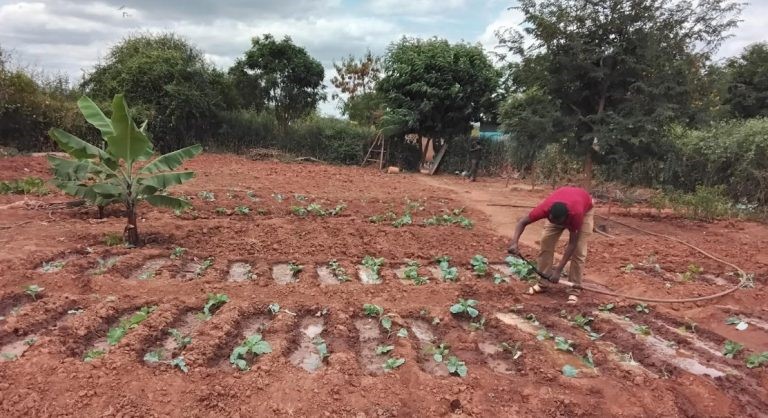
Demand for fish has grown rapidly, with eateries such as Ever Fresh Fish Hotel in Moyale town attracting large crowds. Fish is now viewed as a cheaper alternative to beef, with a whole tilapia retailing at KSh 300 compared to KSh 800– KSh 1,000 per kilogram of beef.
Despite the success, farmers cite the high cost of fish feed sourced from Sagana in Kirinyaga County as a major challenge. Wanjala revealed that plans are underway for the county government to help farmers establish local feed mills.
The programme’s impact is evident, with fish farming now recognised as a cost-effective livelihood that boosts nutrition and incomes in a region battered by climate change.
“Rearing of fish is gaining popularity in Marsabit County due to its cost-effectiveness and the subsequent culture change,” Wanjala said. “This sector is important for food security and income generation, and we must ensure it continues without limitations.”


